Iran says it is willing to resume negotiations on its nuclear program: 'We hope for an opening'

Iran expressed to Europeans on Friday its willingness to enter into negotiations on its nuclear program and other issues of concern to the West, amid direct hostilities between Israel and Iran, French Foreign Minister Jean-Noël Barrot said Friday.
We believe that this diplomatic initiative should pave the way for negotiation.
" (Iran) has indicated its willingness to continue discussions on its nuclear program, and we look forward to an opening of the discussion, including with the United States ," he said at the end of the meeting he held in Geneva with his counterparts from Germany, the United Kingdom, and the EU High Representative for Foreign Affairs, Kaja Kalla, with Iranian Foreign Minister Abbas Araqchi.
"We believe that this diplomatic initiative should pave the way for negotiations," he declared.
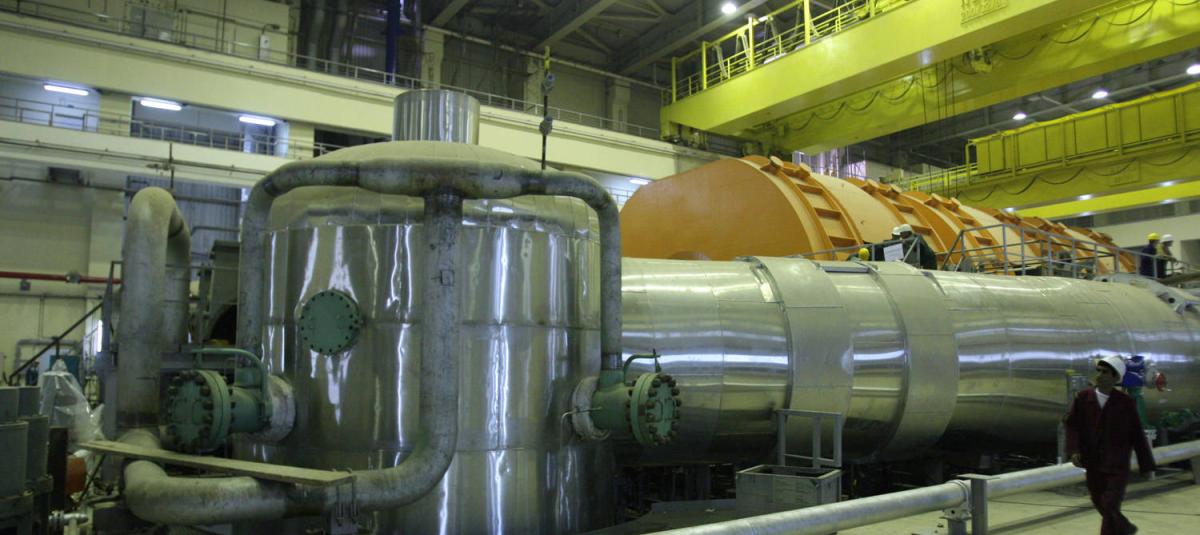
Uranium enrichment in Iran. Photo: Efe
The statements come after the three European nations urged the Islamic Republic to "continue its talks with the United States" over its nuclear program.
"We believe there is no definitive solution to the problem of Iran's nuclear program through military means," Barrot stated. His German counterpart, Johann Wadephul, considered that Tehran appears to be "fundamentally willing to continue dialogue."
For his part, in subsequent statements, the Iranian foreign minister clarified that Iran is willing to "consider" diplomacy "once the Israeli aggression stops."
Meanwhile, Wadephul emerged from the E3 meeting with Iran's top diplomat, which lasted approximately four hours, feeling that there had been a "good outcome," as Tehran had shown its willingness to engage in dialogue on "all essential issues."
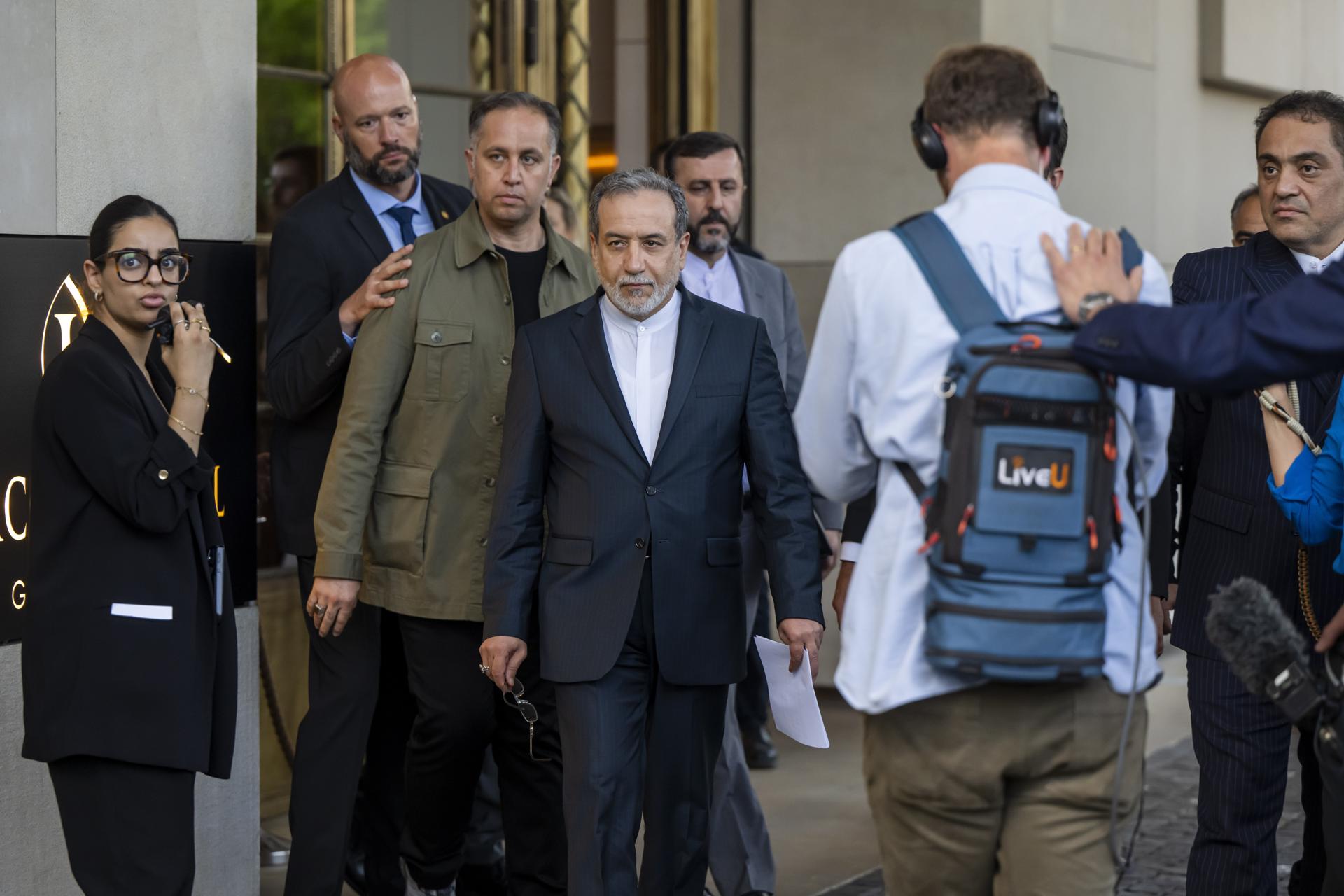
Iranian Foreign Minister Abbas Araqchi Photo: EFE
The prerequisite for the talks to be successful, however, is that Iran renounce "any enrichment of materials that could be used to manufacture nuclear weapons," the German minister stressed.
Another condition for the European side that the German foreign minister emphasized is that the United States must be able to participate in the talks and in any eventual solution, something Araqchí himself rejected this Friday.
The entire region is in an extremely critical situation and our common aspiration is to avoid further escalation and move forward through negotiations.
Finally, Wadephul emphasized that, given Germany's historical responsibility toward Israel, its security is crucial in Berlin's calculations and will be a priority in future talks as well.
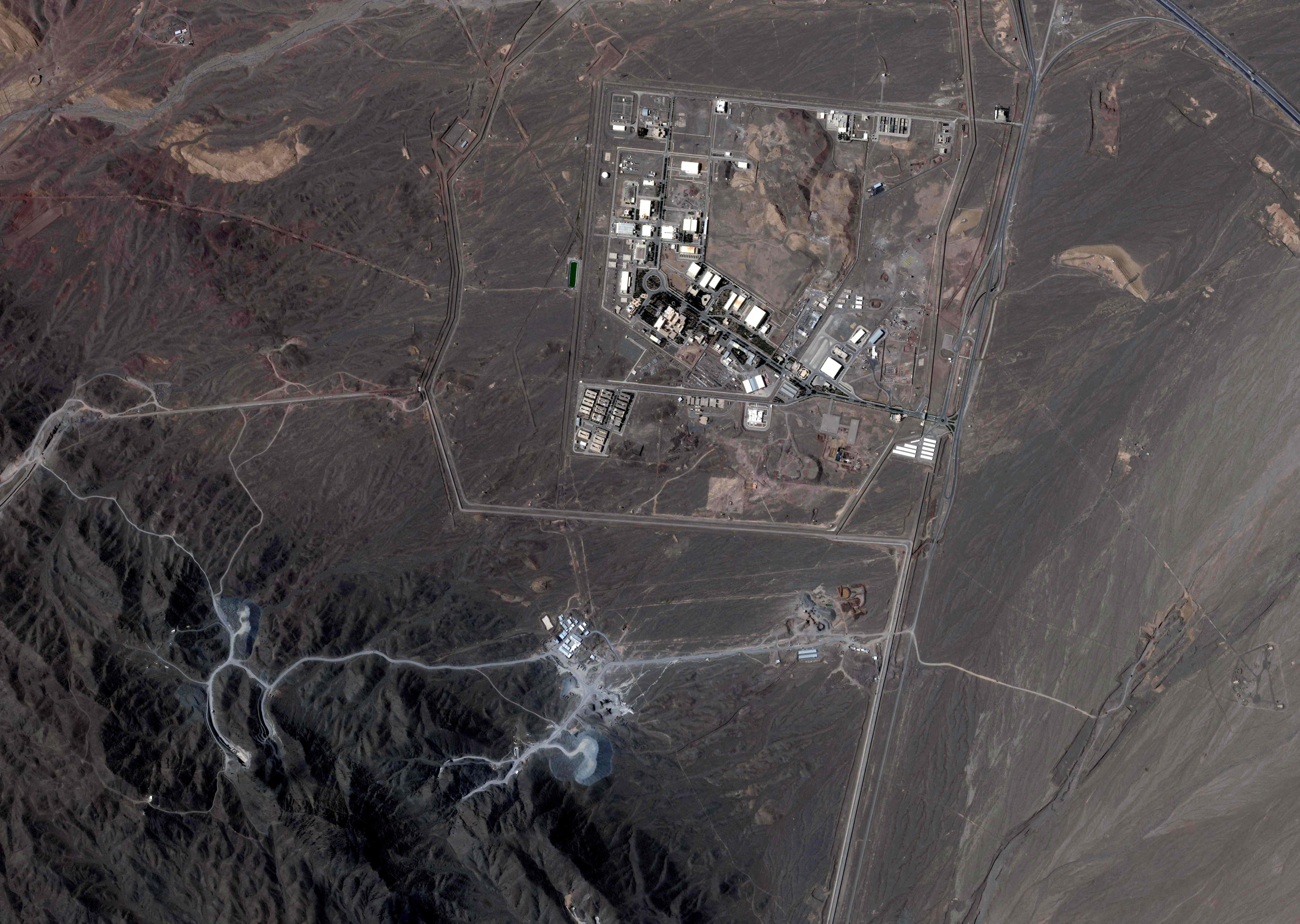
A satellite photo shows Iran's nuclear facility at Natanz, south of Tehran. Photo: AFP
" The entire region is in an extremely critical situation, and our common aspiration is to avoid further escalation and move forward through negotiations ," he stated in the brief appearance.
With this Friday's initiative in Geneva, European diplomacy is trying to convince Iran to abandon its nuclear program, after Israel launched an offensive against military targets and nuclear facilities in Iranian territory a week ago, followed by mutual bombing and drone attacks.
A week after the escalation between Israel and Iran began, Middle Eastern countries are watching, unable to predict the next step in this war and the consequences that could spill over into their borders, while all eyes are on US troops in the region should Washington intervene.
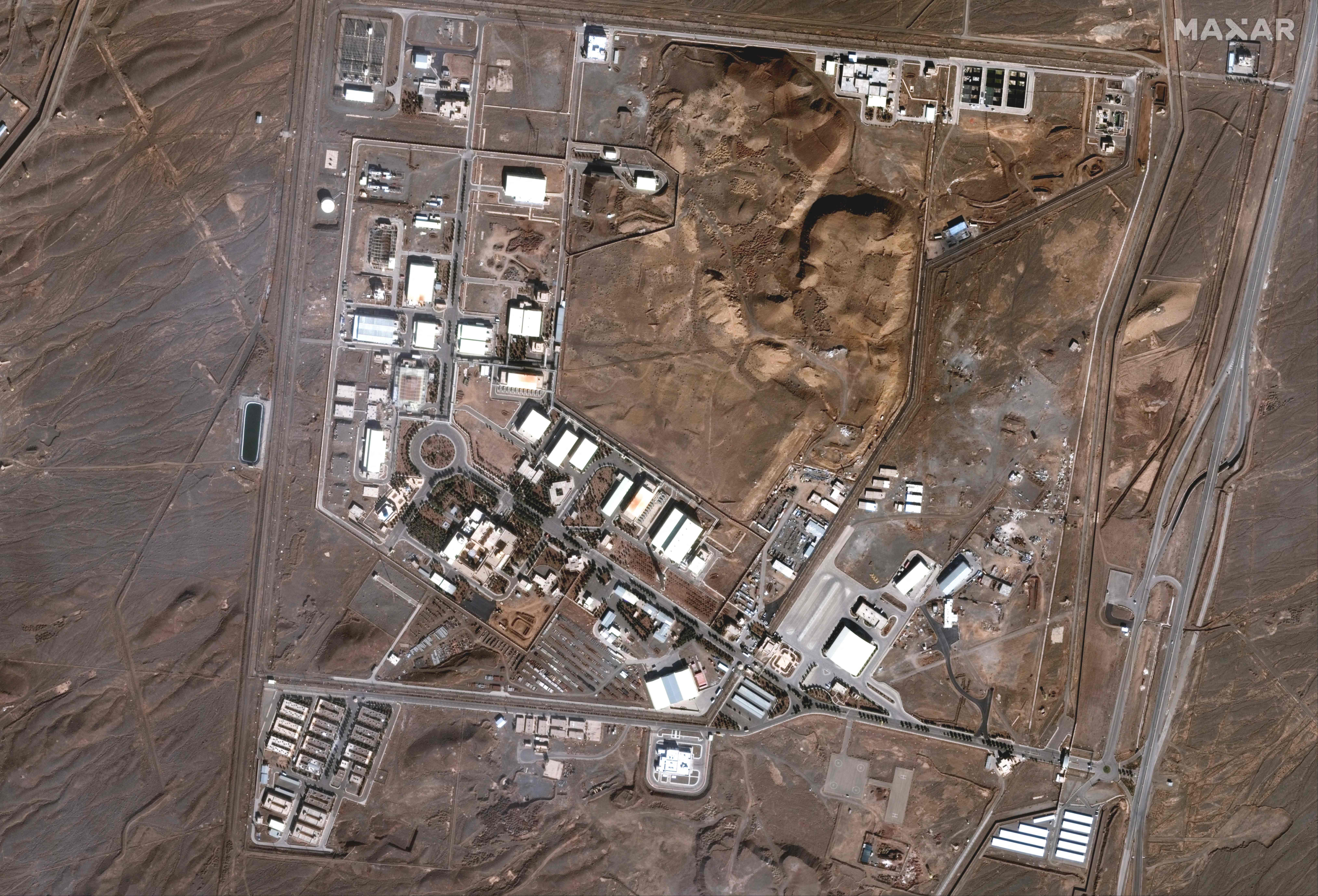
Natanz nuclear facility in southern Tehran, Iran. Photo: AFP
Since June 13, when Israel attacked around 100 targets in Iran, Middle Eastern countries have been trying to "put out" the fire while watching the region descend into ever greater tension and uncertainty, coupled with strong fears of a regional war.
The Israeli attacks on Iran caught regional countries off guard, as they had intensified their efforts in recent months to reach an agreement between the United States and Iran on the Iranian nuclear program.
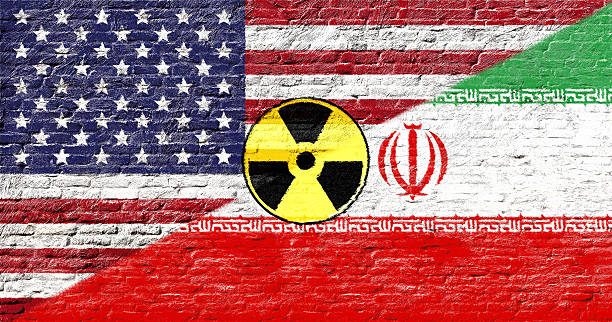
Iran and the US held talks on Tehran's nuclear program. Photo: iStock
In fact , before the bombings, a sixth round of talks between Iran and the US was scheduled to take place in the Omani capital Muscat, but these were cancelled following the attacks.
Now, missiles and drones continue to crisscross the skies of the Persian Gulf, Syria, Lebanon, and Jordan, causing panic in an area marked by multiple conflicts.
eltiempo





